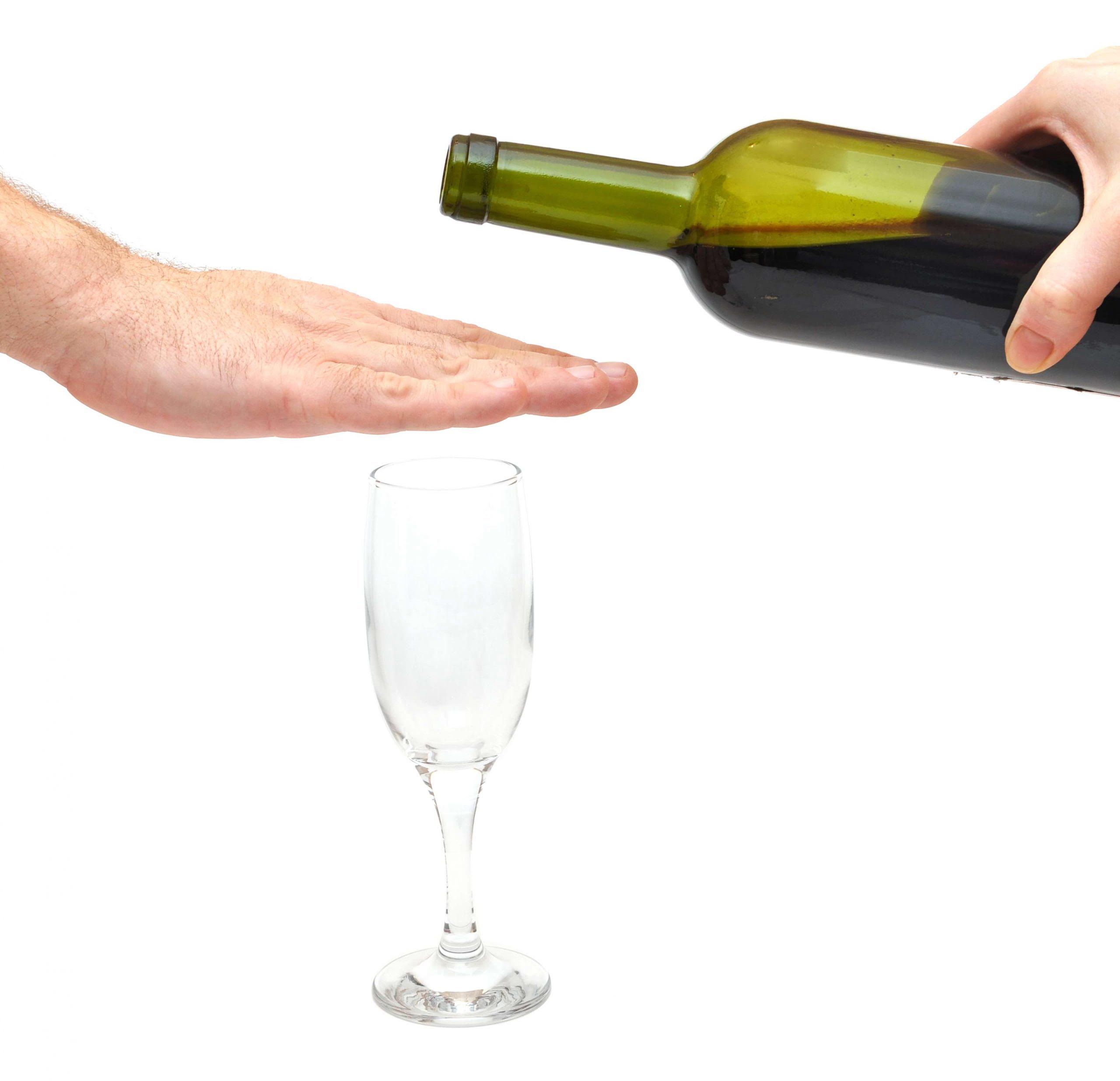Recovery support groups, hobbies, and volunteer work are good places to meet like-minded people. Lie down and slowly focus on each part of your body, from your toes to your head. Remember that enjoying sobriety is a process unique to each individual. It may take time, patience, and self-discovery to find what brings you true joy and fulfillment.
Social Drinker vs Addicted Drinker
This might involve changing routes to avoid high-risk areas or removing triggering objects from one’s living space. However, it’s not always possible to avoid all triggers, making it crucial to develop robust coping mechanisms. The stress of everyday life, which may have previously been numbed by substance use, can feel overwhelming in sobriety. Learning to cope with stress, anxiety, and depression without turning to substances is a crucial skill in recovery, but it’s one that takes time and effort to develop.
Improved relationships
Keep in mind that your relationship with the definition of sobriety and abstinence might change over time. That’s fine as long as your new take on recovery is serving you for a healthier tomorrow. Even though someone remains abstinent from drugs and alcohol, they might still have difficulties reaching sobriety. Those who stay abstinent might struggle to find a job, get their life back together, or leaving the challenges of addiction behind.

What Happens When Alcohol Consumption Stops?
- Emotional sobriety is not just about managing negative emotions but also about cultivating positive ones.
- Learning to cope with stress, anxiety, and depression without turning to substances is a crucial skill in recovery, but it’s one that takes time and effort to develop.
- But emotional sobriety is important—and don’t just trust our word for it.
- Relapse prevention in sobriety often involves a holistic approach, addressing both physical and emotional well-being.
- Relationships, new and old, can improve significantly because of your sobriety.
Many people battle with lapses and relapses during their recovery journey. Emotional sobriety can benefit one’s overall well-being by improving mental health, reducing stress and anxiety, improving relationships, and promoting a sense of inner peace and contentment. Achieving emotional sobriety can lead to a happier and more fulfilling life. Emotional sobriety is a term used to describe a person’s ability to manage their emotions in a https://ptmci.id/index.php/2022/12/05/how-long-does-molly-mdma-ecstasy-stay-in-your/ healthy and productive way, particularly in the context of addiction recovery.
- Another misconception is that emotional sobriety is only important for individuals in recovery when it is important for everyone’s overall well-being.
- Outside of The Freedom Center, Corey enjoys playing golf, hiking and most of all being the best father to his three young boys.
- It may be easy to think that it will not happen to you, but in 2020 there were more than 92,000 people who died from drug overdose.
Your liver processes alcohol at a consistent rate, typically about one standard drink per hour (e.g., 12 ounces of beer, 4 ounces of wine, or 1-1/4 ounces of 80-proof distilled spirits). However, the rate at which you metabolize alcohol also depends on factors like recent food intake, body weight, and liver function. If you’re heroin addiction wondering how to stop drinking or want to change your relationship with alcohol, reach out to us today. Ioana has a Ph.D. in Communication Sciences and has been a freelance writer for over ten years. Ioana uses her passion for psychology, research, and mental health to create reliable resources on various topics relating to addiction and treatment.
Emotional Regulation Without Substances

Celebrate emotional sobriety milestones alongside physical sobriety anniversaries. Perhaps you handled a major stressor without wanting to use substances. Emotional regulation means learning to recognize and manage your feelings in healthy ways. Many people in early recovery feel overwhelmed by emotions they’ve numbed for years.
Instead of bottling up emotions, it’s important to seek support when you need it and practice proper self-care, including making time to relax when you’re feeling lonely, angry or tired. One may go to rehab, a detox center or engage a sober companion to start. The next recovery support program may be slightly drinking again after sobriety more difficult to find.

